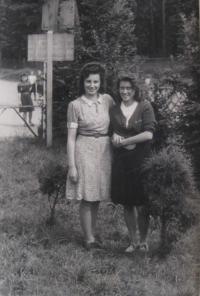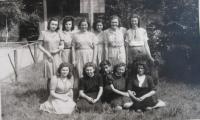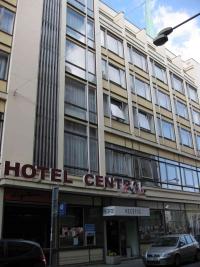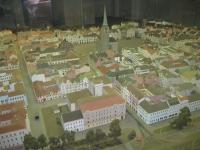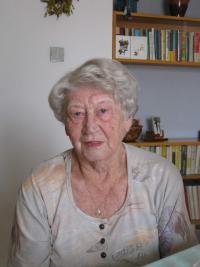The small clouds are gone, the huge clouds are coming now - and they sure did - bombers
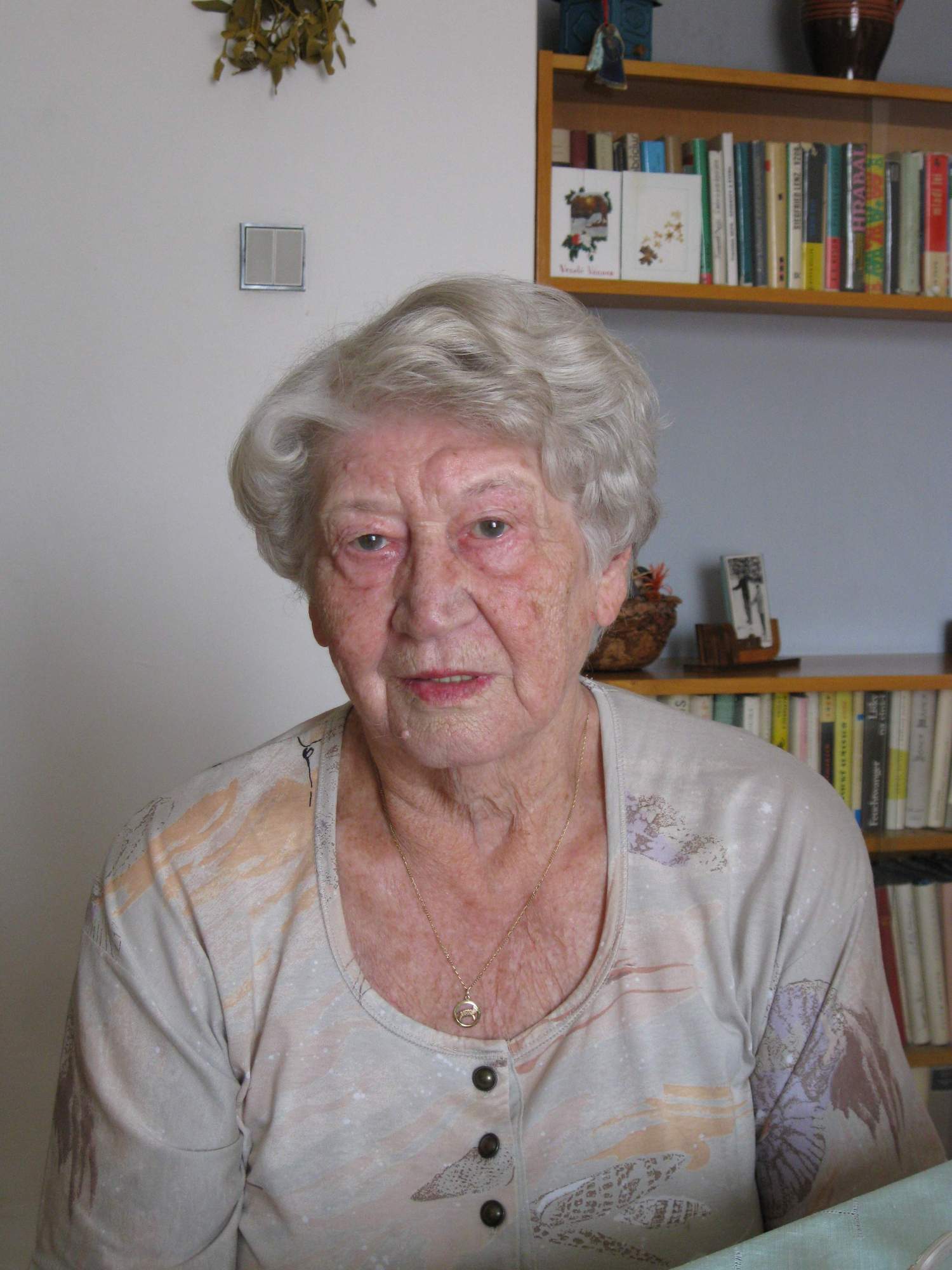
Stáhnout obrázek
Mrs. Marta Talmanová, born Čermáková, was born on April 5th 1924 in Plzeň town. She was born to the middle class patriotic-oriented family. Marta was an active Sokol organization member; she participated in the Sokol festivals in 1938 and 1948. After the grammar school she graduated from the business school. After that she started to work as a typist for Škoda Plzeň Company. From April 1944 to September 1944 she was in the force labor camp in Germany. She was in Braunschweig town, near by Hannover; working on the gear control for the aircraft production. Then from September 1944 she has been transferred to Avia Company in Prague and later also to Škoda Company in Plzeň. After the end of the war she worked in the Health insurance. She experienced the communist reviews in 1948. After her child was born she stayed at home for a couple of years; later she was employed in Škoda hotel and in Ural hotel in Plzeň town where she worked as an accountant until she retired in 1992. She was also a member of the Slave Association, where she functioned as a cashier.
